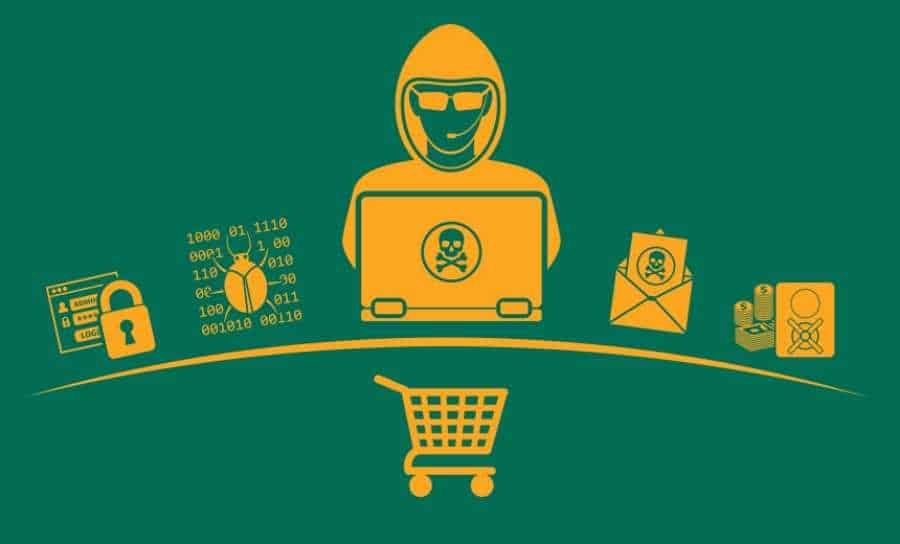End of xDedic: The FBI, along with other agencies from various European countries, stopped it mode of the domain and confiscated them servers of xDedic. 
The xDedic domain was a popular online marketplace where malicious users were selling and buying access to hacked servers. Three suspects have been arrested in Ukraine.
The online market has been known since 2014, but became widely known after a Kaspersky post in June 2016.
According to the publication, the website operated as an online marketplace, where many criminal groups either put up for sale or bought hacked servers, usually by breaching RDP (Remote Desktop Protocol).
At the time, Kaspersky reported that the site had about 70.000 hacked servers, and the price per server was just $ 8. XDedic's hacked servers later rose to $ 85.000, dropping to $ 6, according to a Flashpoint post the 2017.
Authorities say the xDedic domain had hacked servers around the world. There were broken systems in government services, hospitals, emergency services, universities and many others.
After the huge exhibition that followed after publication (PDF) by Kaspersky, the page has been moved to the Dark Web, for added security.
However, in her press releases Europol and FBI released today, authorities announced that they had gained access to both the domains and servers that hosted the online market, effectively shutting down the site and gaining access to its client list.
Authorities said its main infrastructure online xDedic, was located in Belgium and Ukraine. Ukrainian police, meanwhile, have announced the arrest of three suspects in connection with the case.
______________
- Kaspersky: Is it finally a tracking tool?
- Russia: Arrests of nuclear scientists for Bitcoin mining
- GCHQ how we can bypass end-to-end encryption
- Nghia Hoang Pho, the NSA hacker who lost hacking tools





